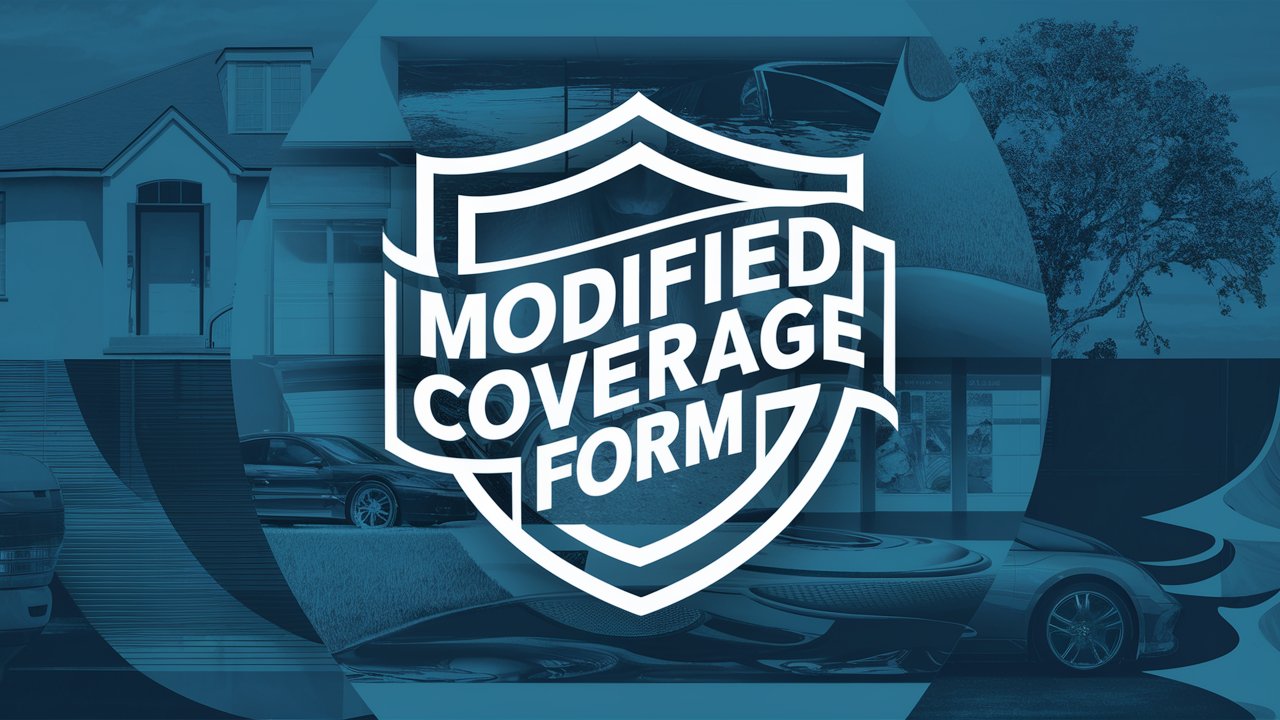Flood insurance is a critical safeguard against the devastating financial impacts of flooding. Unlike standard policies, it covers property damage and loss caused specifically by floods, offering essential protection for homeowners and businesses vulnerable to this natural disaster.
Introduction
Floods are among the most devastating natural disasters, capable of causing extensive damage to homes, businesses, and communities. Standard homeowners’ insurance policies often do not cover flood damage, making flood insurance a crucial safeguard for those at risk. This comprehensive guide explores flood insurance in depth, covering its importance, coverage options, eligibility factors, and key considerations. Whether you’re a homeowner or a business owner, understanding flood insurance can help you protect your property and financial well-being from the unpredictable forces of nature.
Floods can strike without warning, leaving behind a trail of destruction that can take years to recover from. In the United States, floods are the most common and costly natural disasters, yet many homeowners and businesses remain uninsured or underinsured against this peril. Standard homeowners’ insurance policies typically do not cover flood damage, leaving policyholders vulnerable to substantial financial losses. This is where it becomes indispensable.
What is Flood Insurance?
It is a specialized insurance policy designed to cover property loss and damage caused by floods. It is important to note that flood insurance is usually separate from standard homeowners’ insurance and must be purchasing as a standalone policy. This insurance provides financial protection against the devastating effects of flooding, including structural damage to buildings and homes, as well as loss of personal belongings.
Key Features of Flood Insurance
- Property Coverage
It typically covers both the structure of the building and its contents. This includes compensation for repairs to the building itself and replacement of damaged personal property such as furniture, appliances, and clothing.
- Coverage Limits
Policies may have limits on the maximum amount of coverage available. It’s essential for policyholders to understand these limits and ensure they have adequate coverage based on the value of their property and belongings.

- Waiting Period
There is usually a waiting period between the purchase of it and when the coverage becomes effective. This can range from 30 days to several months, so it’s important to plan ahead and not wait until a flood is imminent.
- Exclusions
Certain items and types of damage may be excluded from coverage, such as damage caused by sewer backups unrelated to flooding or outdoor property like landscaping.
Importance of Flood Insurance
It plays a critical role in protecting homeowners, renters, and businesses from the financial devastation that can result from flooding. Unlike federal disaster assistance, which is often in the form of loans and must be repaid with interest, it provides direct financial assistance to policyholders to help them recover and rebuild after a flood.
Eligibility and Coverage Options
To be eligible for it, the property must be located in a community that participates in the National Flood Insurance Program (NFIP) or a private flood insurance program. Coverage options and premiums can vary depending on factors such as the property’s flood risk zone, elevation, and proximity to water bodies prone to flooding.
Conclusion
In conclusion, flood insurance is a vital financial protection tool for homeowners, renters, and businesses vulnerable to flood risks. By providing coverage for property damage and loss caused by floods, this specialized insurance policy offers peace of mind and ensures that individuals and communities can recover swiftly in the aftermath of a disaster. Whether mandated by mortgage requirements or chosen voluntarily, securing it is a proactive step towards safeguarding your assets and financial stability against the unpredictable forces of nature. Understanding the coverage options, limitations, and eligibility criteria is crucial for making informed decisions and ensuring adequate protection for your property and belongings.
For more details please visit our home page: Click Here

